Silicone Valley. 2018, Germany, United States of America, Weimar / Buffalo
Breaking Techno-Mediated Habits
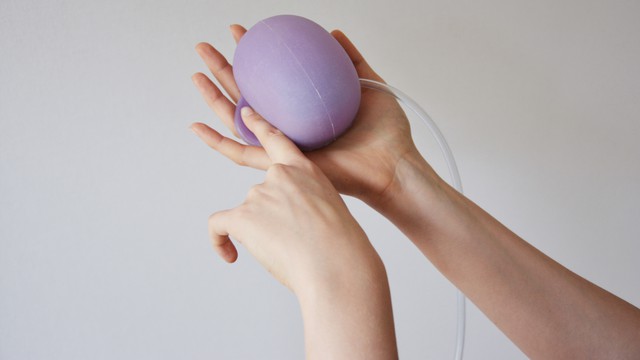
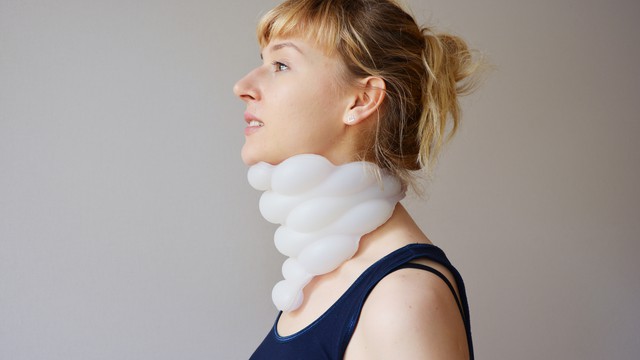
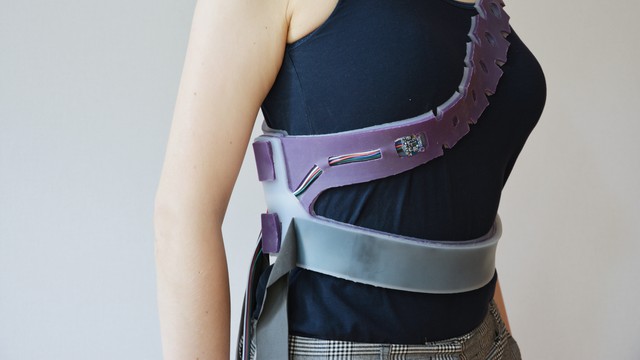
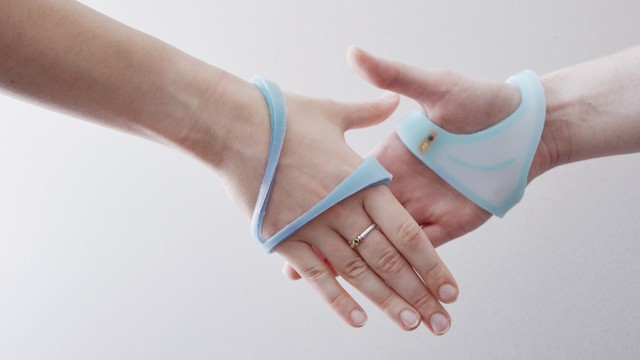
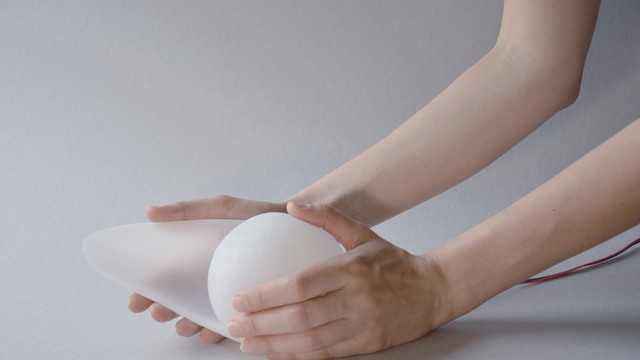
As pervasive computing infiltrates our everyday life, we often find ourselves entangled in multiple techno-spatial hybrids. Their often unmapped socio-cultural impact could be summarized in technology’s enduring ability to construct how we relate to our context – our spaces, the city and each other. In particular, this work is concerned with the dynamic ways in which networked technologies reconfigure how we work, pay attention, navigate the city, socialize, and get to know our own selves better. It imagines five speculative prototypes that break, or make, “techno-mediated habits” in an attempt to negotiate our established, technologically-curated relationships with the world.
As we perceive the world through our senses, our cognition’s embodied nature becomes evident. Theories of the ‘extended mind’ take this a step further, arguing that environments and things actively participate in the thinking process. This suggests that our ever-changing technological tools effectively change the ways in which we establish familiarity with the world through our actions. When the latter mature into habitual patterns, they become enmeshed with their specific devices, contributing to a diverse ecology of ‘techno-mediated habits’ – namely, habitual behavioral patterns (both personal and universal) that are irrevocably bound to the technologies that sustain them. This work adopts a speculative design approach to probe into our networked life’s most prominent habits – pertaining to work, attention, navigation, sociability, intimacy – and trace their origins, current states and potential futures. The produced design fictions are meant to question our usual ways of doing things and promote context awareness, encourage self-reflection or infuse social life with diversity and intimacy. For instance, in workplaces designed to maximize efficiency and productivity, ‘Lax’ is a mouse that interrupts workers’ stressed workflows to introduce restorative environmental stimuli and social interactions. Against the problematic habit of using smartphones while on the move, ‘Detext’ gently situates the users’ attention in context. ‘Airborne’ is a personal exposure monitoring device that senses air pollution and prompts citizens to empirically map safer personal atmospheres within the city. ‘Meetspace’ is a tangible interface that turns our online ‘filter bubbles’ inside-out to initiate encounters that celebrate socio-political diversity in urban space. ‘Z-shell’ is a bedside device that restores the bedroom as a tranquil, screen-free retreat through a shared bedtime ritual. These inflatable prototypes do not present themselves as answers to our daily technological dependencies, but rather as contributions to the debate that might shape them.
Poster
Details
Team members : Pinelopi Papadimitraki
Supervisor : Prof. Bernd Rudolf (BUW) & Prof. Mark Shepard (UB SUNY)
Institution : Bauhaus-Universität Weimar & University at Buffalo (SUNY)
Descriptions
Technical Concept : These are inflatable devices made of silicone. They use a series of embedded sensors and an air pump controlled by an Arduino board.
Credits
Pinelopi Papadimitraki
Pinelopi Papadimitraki
Pinelopi Papadimitraki
Pinelopi Papadimitraki
Pinelopi Papadimitraki